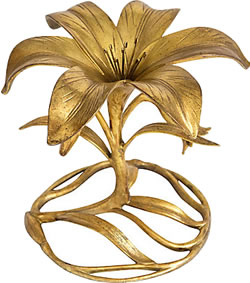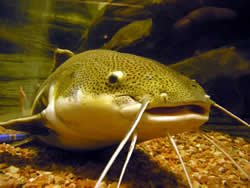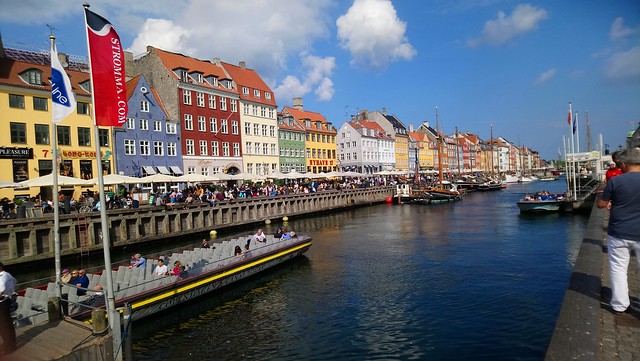
For the past year I’ve been learning Romanian with Duolingo. I wanted to see if I could learn a language entirely with that course, and chose Romanian because it was the only major Romance language I haven’t studied, and I have some Romanian-speaking friends.
Although I can understand Romanian to some extent now, especially when it’s written, I can’t speak it very well as I haven’t used it with real people much yet.
Compared with the other Romance languages, the grammar of Romanian is more complex, with four noun cases, like Latin. If you just use the Duolingo app, you have to try to work out the grammar for yourself, which isn’t easy. The online version includes some notes on grammar, but I’ve been mainly using the app. So my knowledge of the grammar is somewhat limited.
I do have a Colloquial Romanian course, which should help me to learn the language more thoroughly, but I’ll probably have a break before learning more.
I’ve also been learning Swedish and Russian on Duolingo for just over a year, and started learning Danish a few months ago. I had dabbled with Swedish a bit before, mainly with Babbel, and have studied Russian on and off for quite a while using various courses.
I can have conversations in Swedish, and Russian, though still have quite a way to go before I consider myself fluent in either language. I can read and understand quite a bit of Danish, though can’t say a lot yet. I find Swedish and Danish relatively easy as they have quite a lot in common with English, German and each other, and relatively simple grammar. Russian is more of a challenge – the grammar is more complex and there are a lot of unfamiliar words to learn.
For the past few months I’ve also been using Memrise to learn Swedish, Danish and Russian. In some ways I prefer it to Duolingo as Memrise focuses more of phrases you’re likely to use in everyday life, and the recordings are made by real people rather than robots.
I do like some of the ridiculous phrases that pop up on Duolingo though, such as:
– Sköldpaddan har en gul hatt = The turtle has a yellow hat
– Han går som en älg = He walks like a moose
– Jag hör inte dig eftersom jag har kanelbullar i öronen = I don’t hear you because I have cinnamon rolls in my ears
– Skildpadden drikker te = The turtle is drinking tea
– Anden læser avisen = The duck is reading the newspaper
– Ca caută ursul în șifonier? What is the bear doing in the wardrobe?
– Am un cuptor plin cu pui = I have an oven filled with chickens
– Eu am văzut o bufniță răzând = I saw an owl laughing
– Моя лошадь не художник а архитектор = My horse is not an artist but an architect
– Этот человек говорит, что он волшебник, но я ему не верю = This person says he’s a wizard, but I don’t believe him
– У меня есть говорящая лошадь = I have a talking horse
So, is it possible to learn a language just with Duolingo?
You can learn a lot, but it’s unlikely you’ll be speaking the language well by the end of the course. For me it works best for languages related to ones I know with grammar you can pick up as you go along (Swedish & Danish), and not quite so well for more distant and grammatically complex languages (Russian & Romanian).
I am now on a 328 day streak on Duolingo, and before that I was on a 96 day streak, but didn’t get enough points one day last summer to maintain it. So that’s 14 months of studying every day. When I’ve studied languages before, I would sometimes miss a few days, or even weeks. Now I don’t want to miss a single day.
Have you learnt any languages entirely or mainly with Duolingo?






